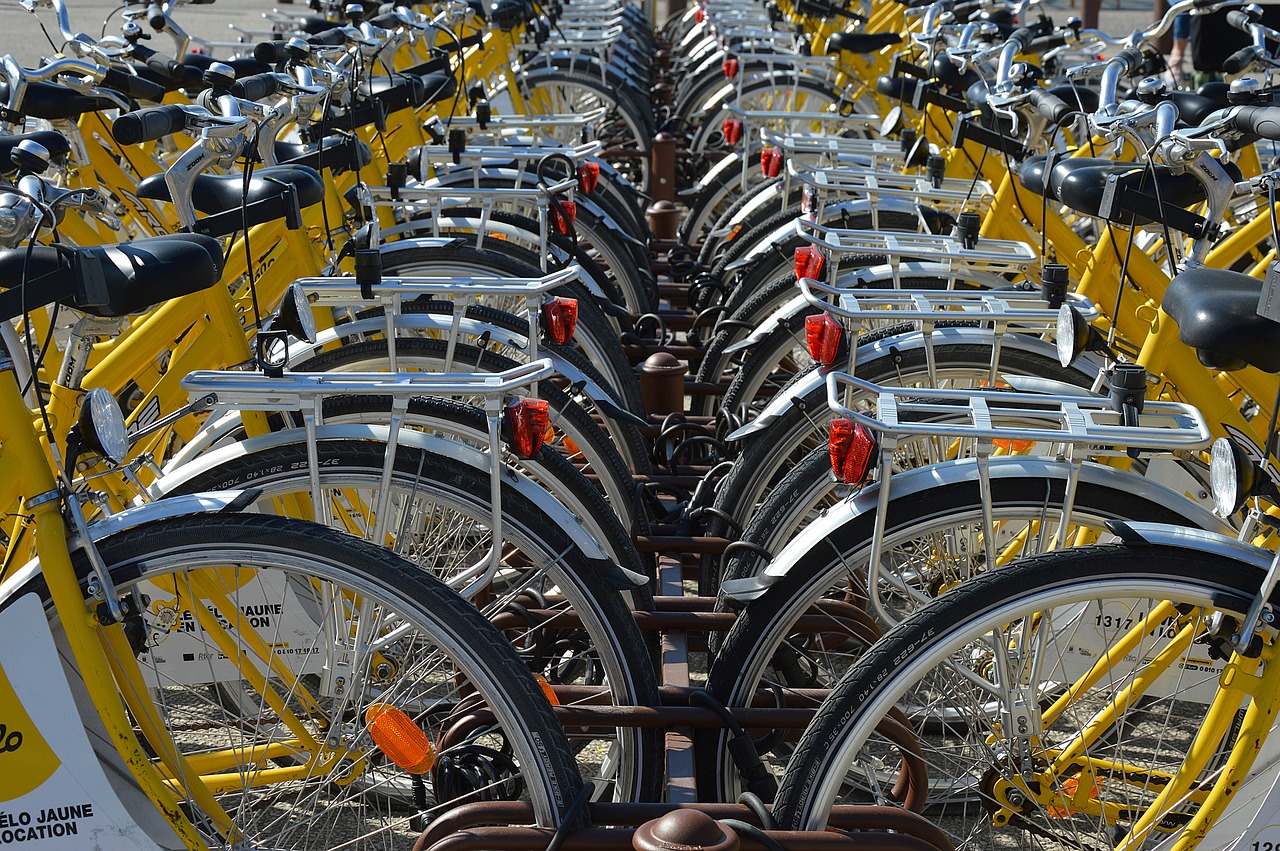DR CLARE TWIGGER-ROSS (CEP) PRESENTING KEYNOTE PAPER AT THE XV CONGRESO DE PSICOLOGIA AMBIENTAL-PSICAMB 2019 IN TENERIFE.
Dr Clare Twigger-Ross is giving a keynote talk on Tuesday 16th July at the XV Congreso de Psicologia Ambiental-PSCIAMB: Community, resources and sustainability: the challenge of territories. She will be presenting her paper Building resilience capacities of communities to flood risk: reflections on theory and practice in the UK. The paper draws on research that CEP and associates have carried out for Defra and the Environment Agency over the past decade.
The conference is being held at the University of la Laguna, Tenerife from 16th – 19th July 2019.
For more information please contact Dr Clare Twigger-Ross (Technical Director).
Building resilience capacities of communities to flood risk: reflections on theory and practice in the UK
Summary:
Climate change will increase the frequency, severity and extent of flooding in the UK with the present 1.8 million people living in areas at significant flood risk predicted to rise to 2.6 million under a 2° scenario and to 3.3 million under a 4° scenario (CCRA, 2017). The health and social impacts of floods have been documented over a number of years (e.g. Walker et al, 2005; Tapsell and Tunstall, 2008) with recent robust studies on the effects on mental health (e.g. Public Health England, 2017;Miljevic et al, 2017) showing the impact to be quite considerable. Given these negative social impacts it becomes even more important to understand how communities and individuals alongside local professionals (e.g. local authorities, emergency services) might be able to improve or develop greater community resilience. Dr Twigger-Ross together with her colleagues at Collingwood Environmental Planning has been working on projects for the UK government and its agencies since 2005 on aspects of flooding and this paper draws on that work within the framework of community resilience. Community resilience is a way of thinking about resilience to flooding at a local and place based level, understanding that there will be multiple communities and social networks intersecting in a given flood risk area. In this paper Cutter et al’s (2010) disaster resilience of place is drawn on to locate community resilience which is defined as a “set of capacities that can be fostered through interventions and policies, which in turn help build and enhance a community’s ability to respond, recover from [and adapt] to disasters”(Cutter et al, 2010). The capacities examined by Twigger-Ross et al, (2015) are institutional resilience capacities, social resilience capacities, community capital, infrastructure resilience capacities and economic resilience capacities and they will be elaborated on within this paper. Importantly, in order to meet the challenges of climate change the type of resilience will need to focus on the proactive/transformative type of resilience rather than the reactive/defensive type of resilience. A number of active interventions have been developed in the UK by to improve levels of resilience capacity, through government and charity funding, together with grassroots interventions emergent after a flood and the factors for their success or otherwise will be discussed in relation to the community resilience framework. Further, it is recognised that the concept of resilience is both complex and contested, not just the opposite of vulnerability and the paper will comment on that, specifically in the context of its use by UK government and its agencies. Finally, the role and impact of “contract” research and the position of researchers within that will be examined through the paper.





